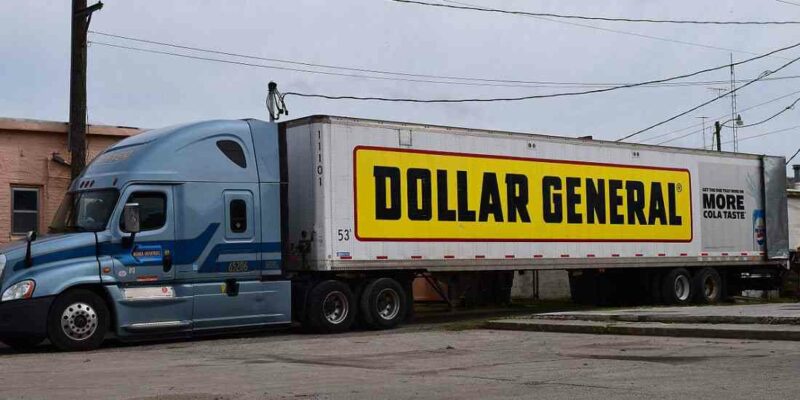Rob Hart’s book, The Warehouse, is a speculative dystopian thriller. The central character is an online retailer called Cloud – think Amazon dominating its rivals in the distant future, which has devastating effects on small retailers across the country. There’s a dying founder – is he a hero or delusional? Why did Paxton and Zinnia take jobs at Cloud? Is it for the paycheck? Rob is the first fiction writer to be interviewed on CFO Bookshelf.
Our First Interview With a Novelist
I do not read nearly enough fiction, but it’s a treat when I do. The Warehouse by Rob Hart kept popping up in promotional messages on Audible as a suggested title. I finally agreed with the algorithm, and I’m glad I did. I didn’t just listen to it, but I read it so that I could capture some meaningful passages in this dystopian thriller with a business backstory.
Gibson is dying of cancer and he’s on a farewell tour visiting all of the sites of the online retailer he created years earlier called Cloud. Any given facility is huge and it also houses all of its employees in living quarters on site. Hospitals, schooling, food service–that’s included too at each facility.
Gibson seems like a genuine business founder with a feel-good entrepreneurial story where he believes he’s furthering the greater good of society.
We gave people jobs. We gave people access to affordable goods and health care. We’ve generated billions of dollars in tax revenue. We’ve led the charge in cutting carbon emissions, developing standards and technology that will save this planet. We did that by concentrating on the only thing that matters in this life: family.
Gibson Wells – The Warehouse
That sounds good, but is there something we don’t know about this character?
Our protagonists are Paxton the security guard and Zinnia, the warehouse picker. Since I’m not a professional fiction reviewer, I don’t trust adding much more for fear of giving away a spoiler or two. In short, they have their reasons for going to work for Cloud, and it’s not for a paycheck.

My Favorite Takeaways While Listening to This Interview Twice
- I found Rob’s method for gathering book ideas similar to a marathon. For instance, this idea started after reading an article entitled, I Was a Warehouse Wage Slave. It was some four to five years later before Rob had a finished product.
- I appreciated Rob’s insights on what comes first–being a strong technical writer or having a neverending supply of story ideas.
- There were several strong themes that I can relate to–a lack of individualization in a large organization, the cost of business growth, and the varying forms of corporate exploitation. Regarding exploitation, I’m guilty too (refer to the quote below from a former president).
- Reading fiction can make a difference should we be in the habit of trying to walk in another person’s shoes.
- The Maria Fernandes story at the end of the book is moving.
I pity the man who wants a coat so cheap that the man or woman who produces the cloth or shapes it into a garment will starve in the process.
U.S. President Benjament Harrison, 1891 (p. vii in The Warehouse)
Important Links
The Producer’s Pick
If you have read the book, how about learning more about a retailer who was the opposite of Gibson Wells? Our pick is the story behind Trader Joe’s with Patty Civalleri, one of our top podcast episodes in 2022.

Leave a Reply